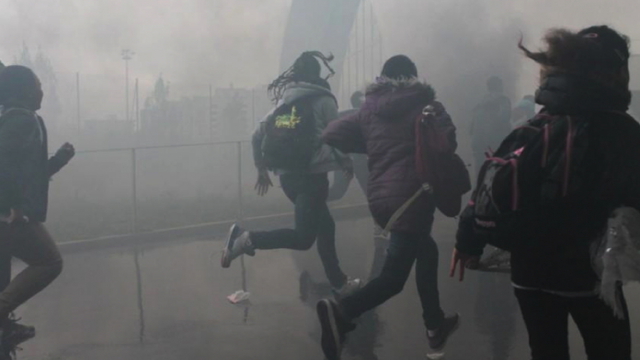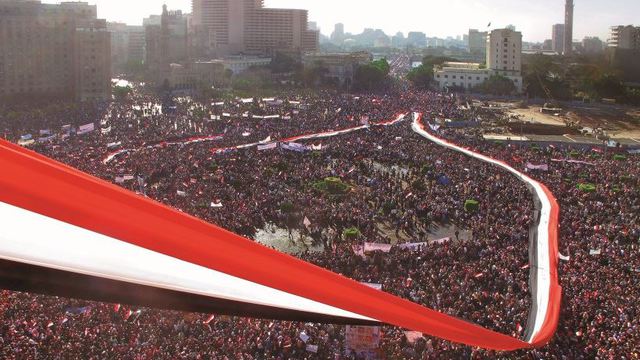A context for collecting the new media
At the turning of the year 1992 I received the program and manifesto for the Next 5 Minutes Conference in Paradiso. As professional collector of documents by and about social movements for the International Institute of Social History, the list of videos to be shown caught my attention immediately. This was an excellent opportunity to realize something for which I had been trying already for some time, to make an international sample collection of products from the movement of new independent video makers.
Read

